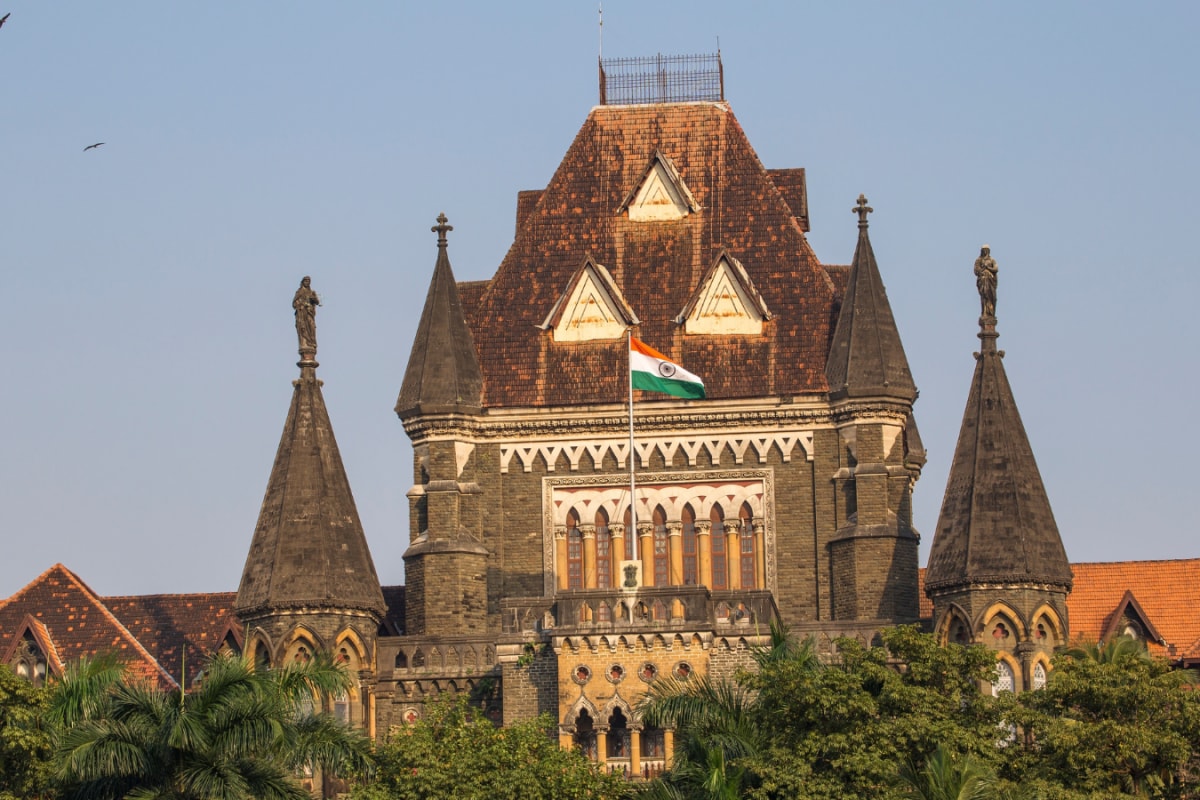

The Bombay High Court has issued an interim order directing a Mumbai-based fertility center to preserve the frozen semen of a deceased, unmarried 21-year-old man, pending the hearing of a petition filed by his mother. The 52-year-old mother seeks access to her son's semen to continue the family lineage. The court has scheduled the petition for further hearing on July 30, 2025.
The case arose after the fertility center refused to release the frozen semen to the mother. The man, who had been undergoing chemotherapy for cancer treatment, had chosen to freeze his semen prior to starting treatment due to its potential impact on his fertility. In his consent forms, he had indicated that the sperm should be discarded upon his death. He passed away on February 16th of this year.
Following her son's death, the mother requested the fertility center to transfer the semen sample to an IVF center in Gujarat for potential future use. However, the fertility center declined, citing the man's prior instructions and the Assisted Reproductive Technology (Regulation) Act, 2021, which requires court authorization in such cases.
The mother then approached the Bombay High Court, arguing that her son had signed the consent form without consulting family members. She expressed her belief that the semen should not be discarded and should be preserved for potential future use, possibly to continue their family line. Her petition stated that the young man's family comprises only female relatives and that his father and uncle had died at young ages. She argued that she intends to continue the family legacy through her deceased son's semen, especially after losing him at a young age.
Justice Manish Pitale, presiding over the case, noted that if the frozen semen is discarded before the court makes a decision, the purpose of the petition would be defeated. The court emphasized that the petition raises important questions regarding the handling of semen or gametes after a person's death, particularly within the framework of the Assisted Reproductive Technology (Regulation) Act, 2021. The court's interim direction mandates the fertility center to ensure the safe keeping and storage of the frozen sample while the petition is pending.
The court also pointed out that the man was unmarried at the time of his death, adding complexity to the legal and ethical considerations under the 2021 ART Act, which regulates assisted reproductive technology services.
The mother's legal team argued that sperm constitutes property and that parents are the legal heirs of their deceased son. They further explained that the form signed by the deceased had two options: to discard the sample or to hand it over to a wife, if married. Since the son was unmarried, he might have chosen the "perish" option without fully considering the implications or discussing it with his family.
Advocate Yashodeep Deshmukh, representing the central government, referenced a Delhi High Court judgment from October 2024, where a similar request by the parents of a deceased unmarried man was granted. This precedent could potentially influence the Bombay High Court's final decision. The case highlights the complex legal and ethical considerations surrounding reproductive rights, parental rights, and the disposition of reproductive material after death, particularly in light of evolving technologies and regulations in the field of assisted reproduction.